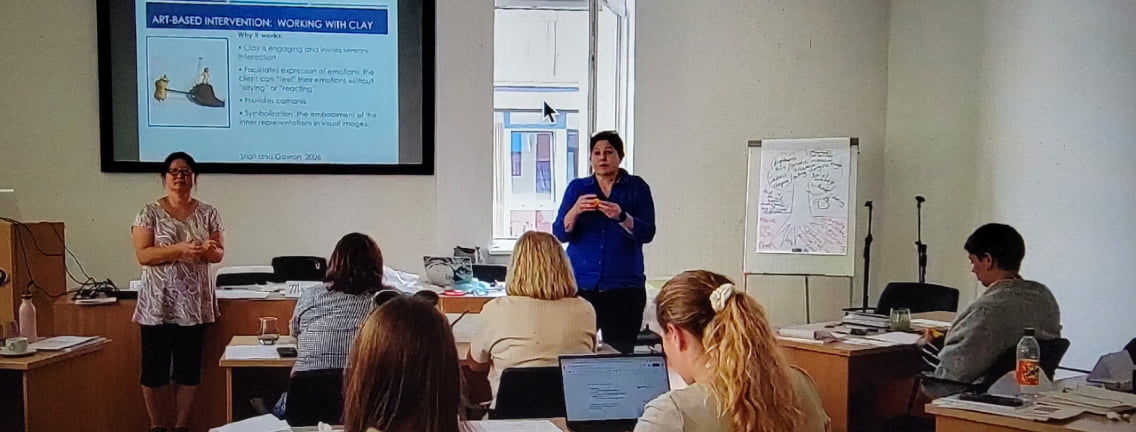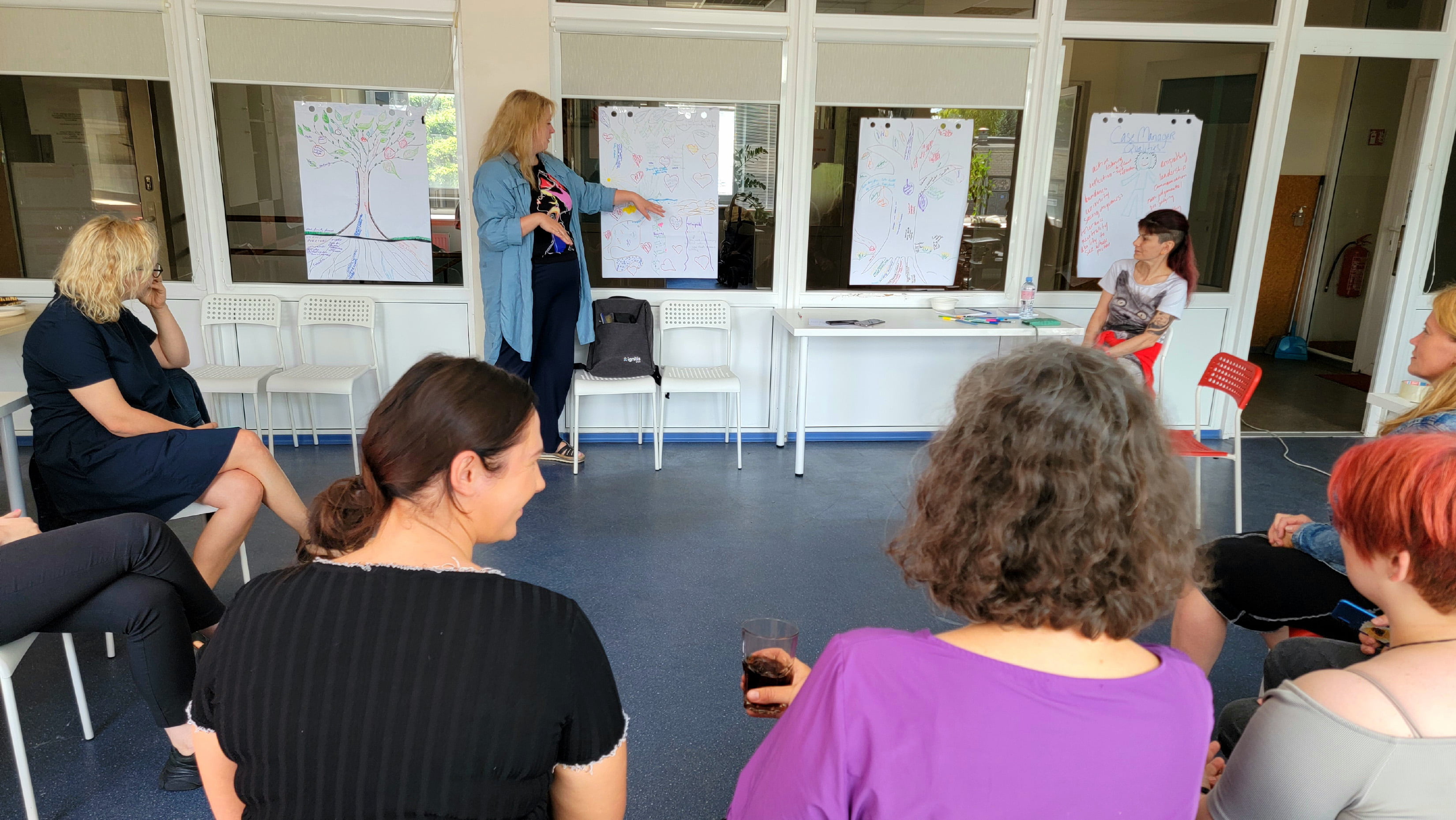How Standard Procedures Benefit the Mental Health of Refugees
"The best way to prevent mental health issues among refugees would be not to detain them", says Maura Reap. She has worked as a Mental Health and Psychosocial Support (MHPSS) Coordinator in Lithuania. "But if you must, follow international standards. Give refugees the best possible accommodation and support."

Maura has worked in Lithuania for 5 months through the DSS programme, supporting the World Health Organization (WHO) in its battle against the refugee crisis. She started when refugees from the Middle East and Africa travelled through Lithuania to other places in Europe in 2021. Maura has worked on emergency capacity building and MHPSS coordination as a clinical psychologist in emergencies in over 12 countries. This includes her job in Lithuania.
Coordination and capacity building
In Lithuania, 'irregular' migrants and refugees find shelter in 5 camps overseen by 2 ministries. "At the time, these camps operated differently and without much standardisation", says Maura. "My role was to bring actors together to discuss mental health in the camps, improve conditions, and strengthen coordination." Her goal was to ensure that the full spectrum of MHPSS services was in place and accessible to the refugees. Another goal was to meet the conditions to address and provide quality mental health care. Maura started by mapping services to better understand who did what and where. Then she looked at the available capacity. Only then did Maura address the gaps and issues she encountered. She provided training and guidance to administrators and personnel working in the camps.
Standard operating procedures
Lithuania is a highly developed country and part of the European Union (EU). Still, there is room for improvement. Maura emphasises the importance of developing standard operating procedures and policies. For example, drafting a policy preventing sexual exploitation and abuse. She also saw that the camps met international standards and administered evidence-based MHPSS services.
Maura explains, "The Inter-Agency Standing Committee (IASC) has developed MHPSS guidelines in emergencies. These guidelines include a manual on setting up and administering services in refugee camps. Camp managers can take clear steps that respect personal dignity and privacy. Failing these standards can severely impact the mental health of the people living in the camps."

Overcoming obstacles
Maura's biggest challenge was getting the various actors to open up to her advice, coordination efforts, and training. As an outsider, it is not helpful to criticise what people are doing. Instead, she had to convince people she was not there to interfere with their work; she was there to support them. Maura adds, "I believe the camp managers and staff members had good intentions. Yet, some simply lacked awareness of what helps and hurts the refugees under their care. I hope my suggestions could help create positive change in how the camps support refugees."
A non-judgemental collaborative approach is the best, regardless of the country or context. Because it ensures that you get people along. Still, it took her a while to gain the trust and acceptance of the professionals she worked with. But, in the coordination meetings and workshops, she eventually found a core group of individuals committed to improving the conditions for refugees in the camps. "The professionals I trained and worked with were very motivated; their engagement made me so happy. Because if you must detain people, you must follow the proper response standards for emergency mental health issues. To do any less not only risks further harm to people's mental health and well-being. It also violates their basic human rights."
Enjoy working as a coordinator
"I really enjoyed my employment in Lithuania as an MHPSS Coordinator," Maura concludes. "DSS provides excellent support, and you have the opportunity to make a meaningful impact."
Would you like to use your knowledge to help in disaster areas or emergencies? DSS water is always looking for experts. Learn more about DSS water. Would you like to contribute to Mental Health and Psychosocial Support (MHPSS)? MHPSS is also looking for experts. Read more on the DSS MHPSS page. Or sign up as an expert.
- Ministry of Foreign Affairs